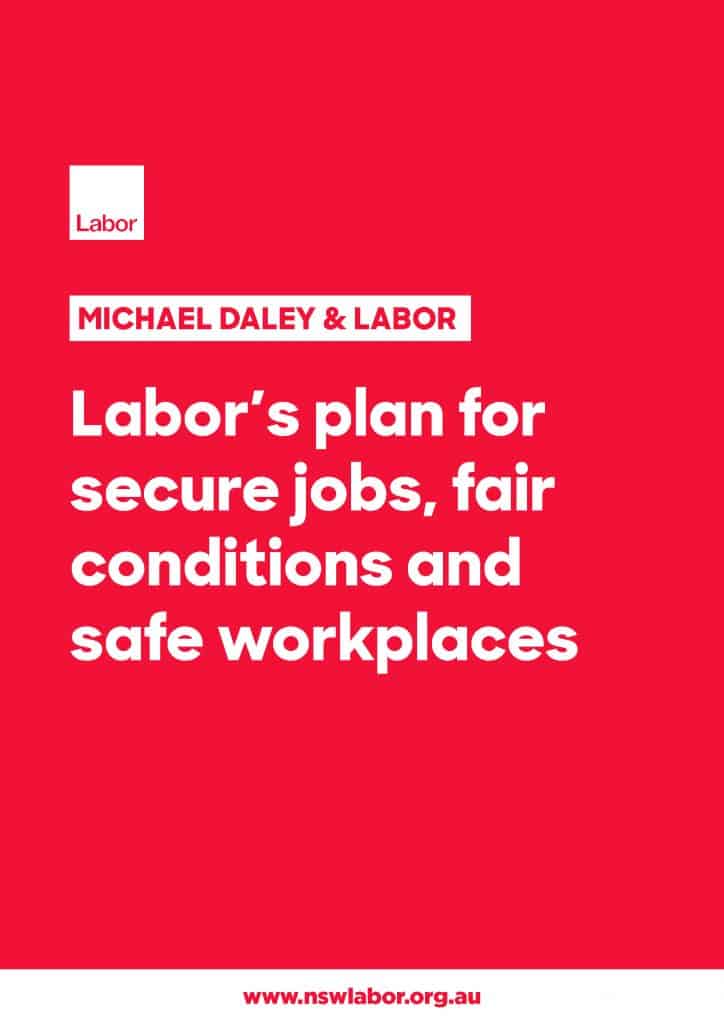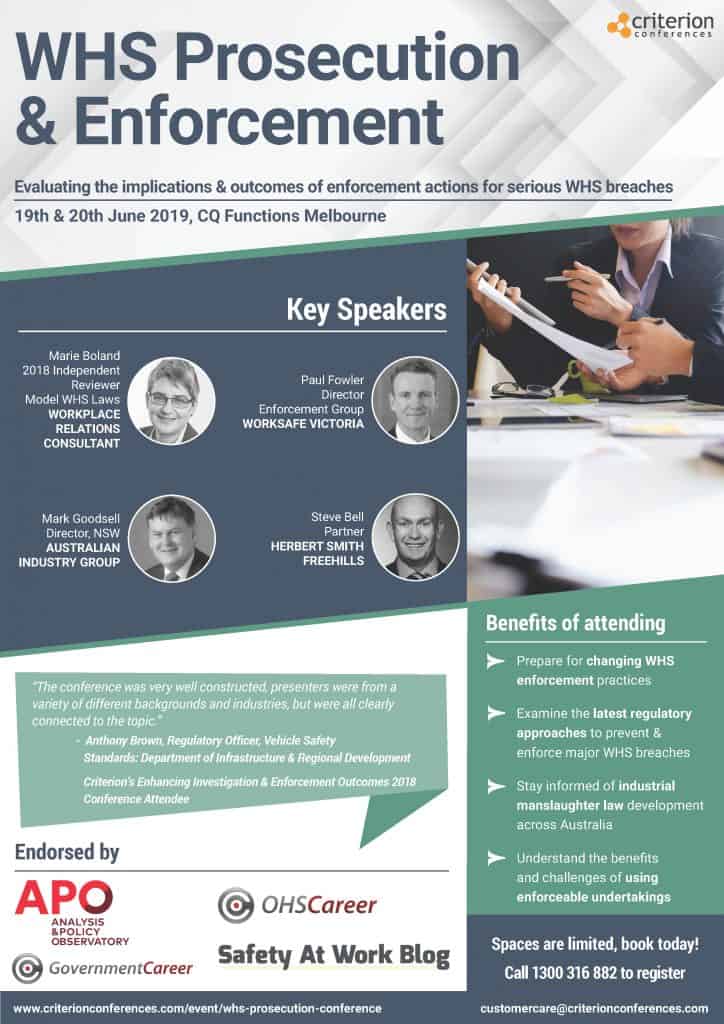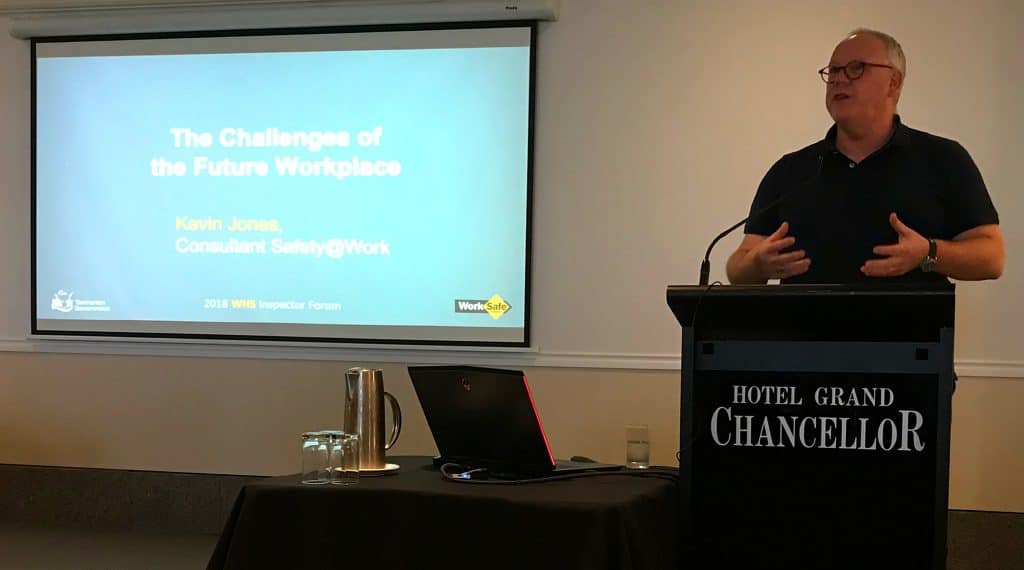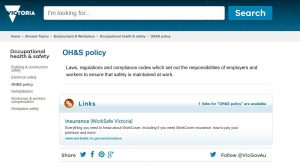“Don’t be a fish; be a frog. Swim in the water and jump when you hit ground.”
Kim Young-ha
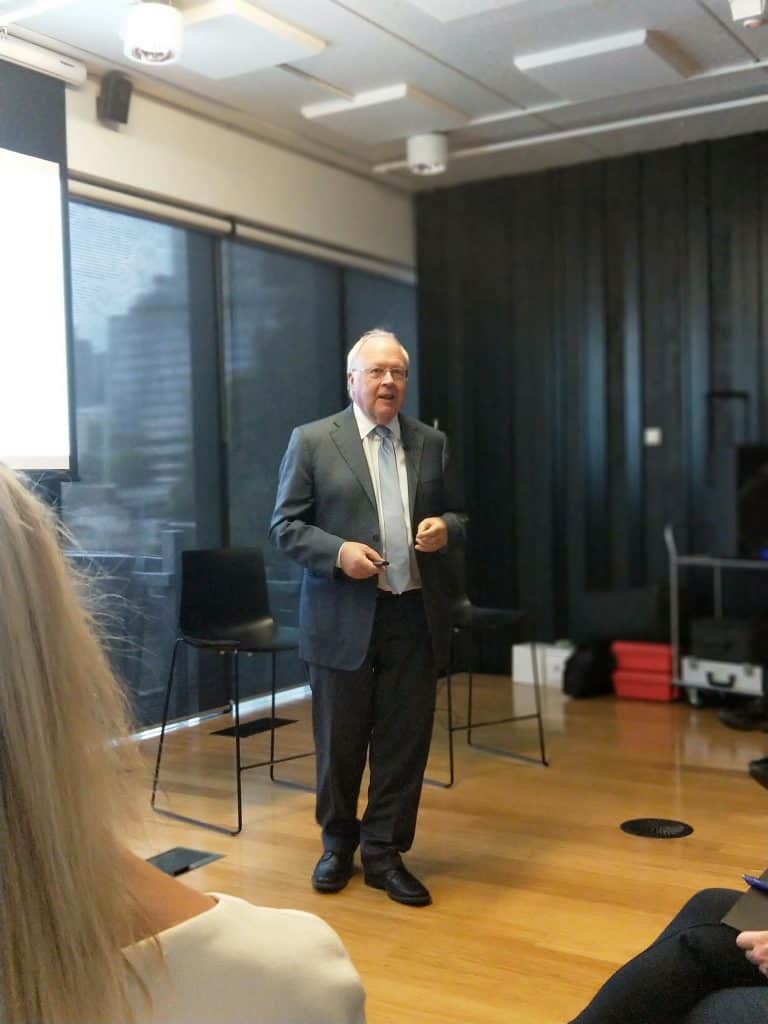
This aphorism seems apt for the safety culture journey that is occurring at Melbourne Water under the tutelage of Professor Patrick Hudson (pictured right). Melbourne Water is attempting to become a “generative organisation” in line with Hudson’s Safety Culture Maturity model and hosted a public event with Hudson in early November 2019. This provided an opportunity to hear how the model has evolved, particularly in its applications.



